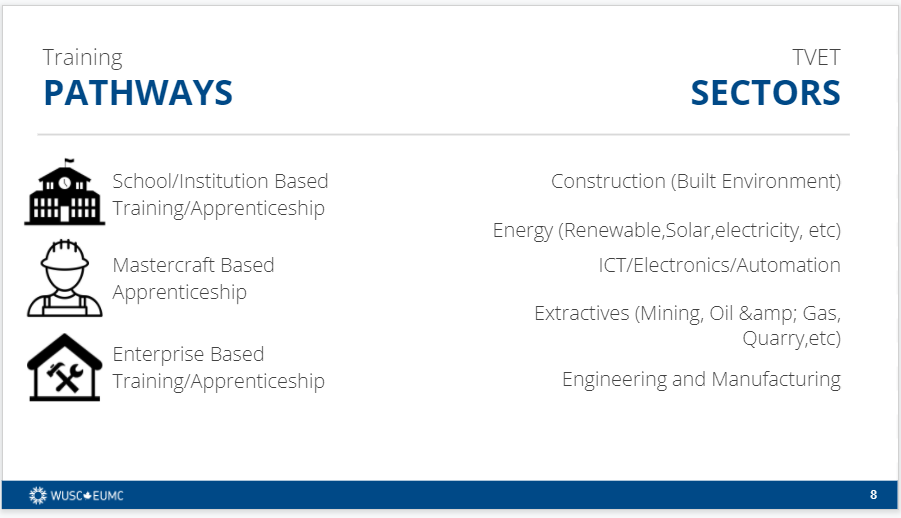
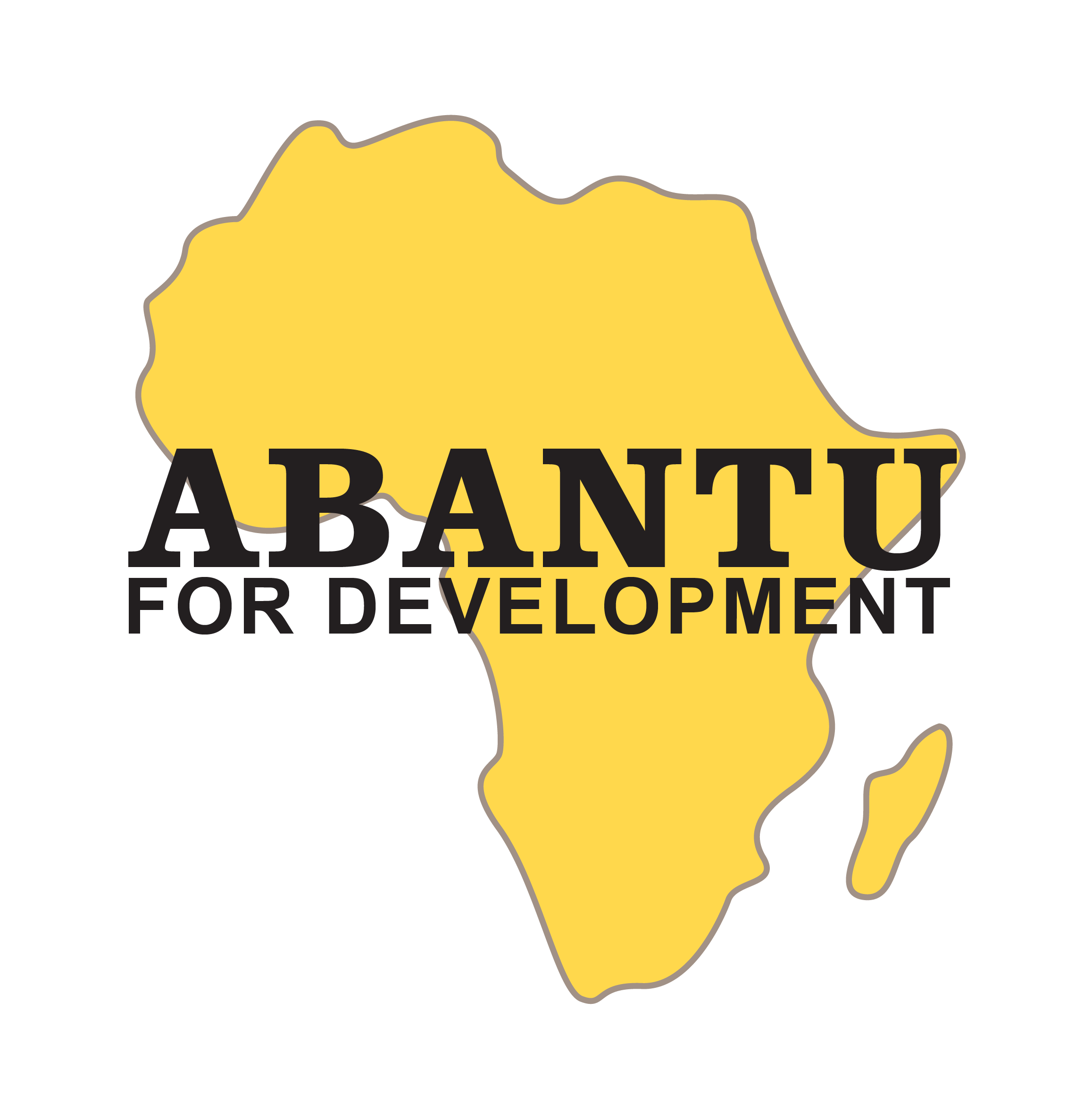


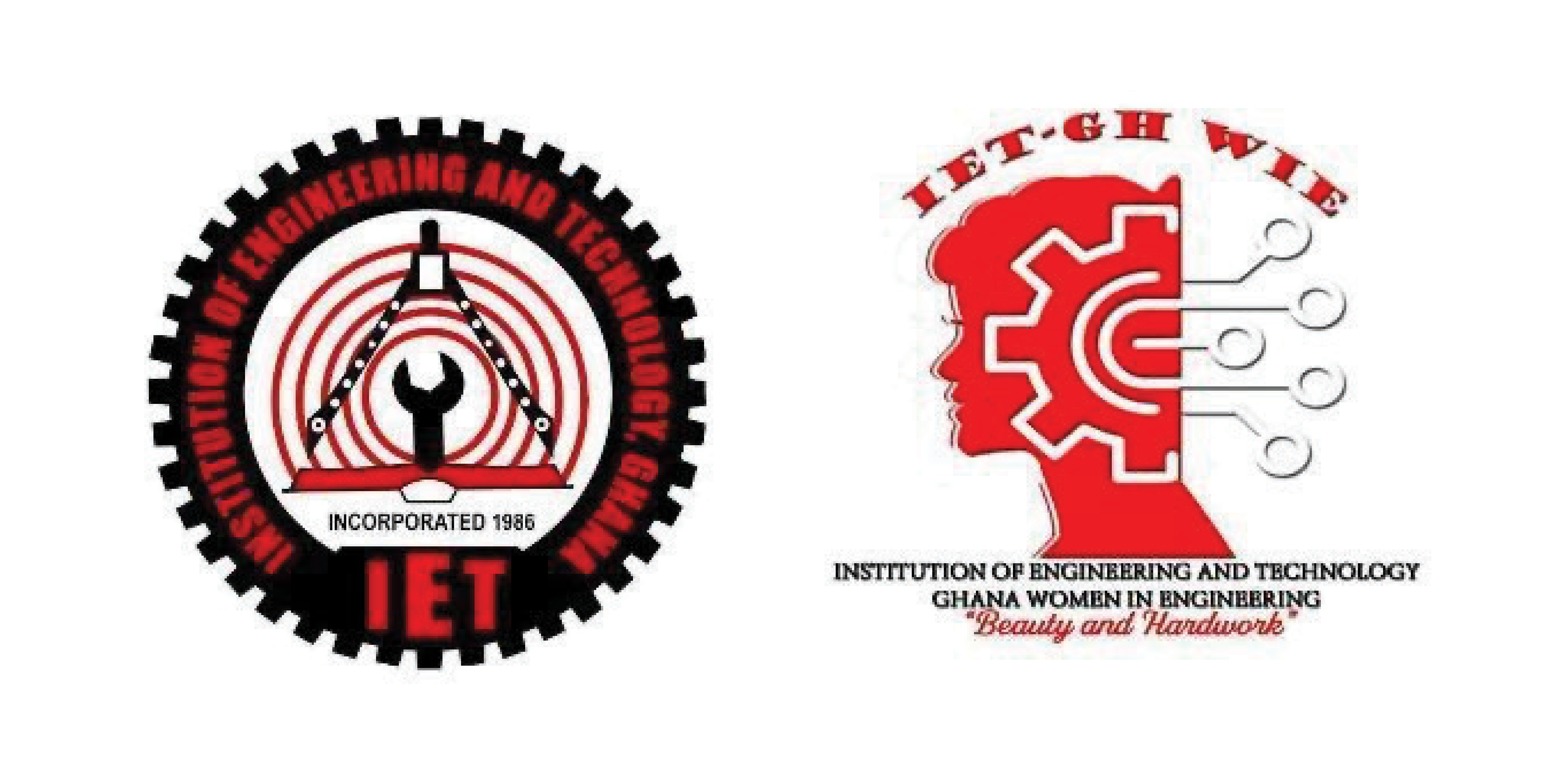



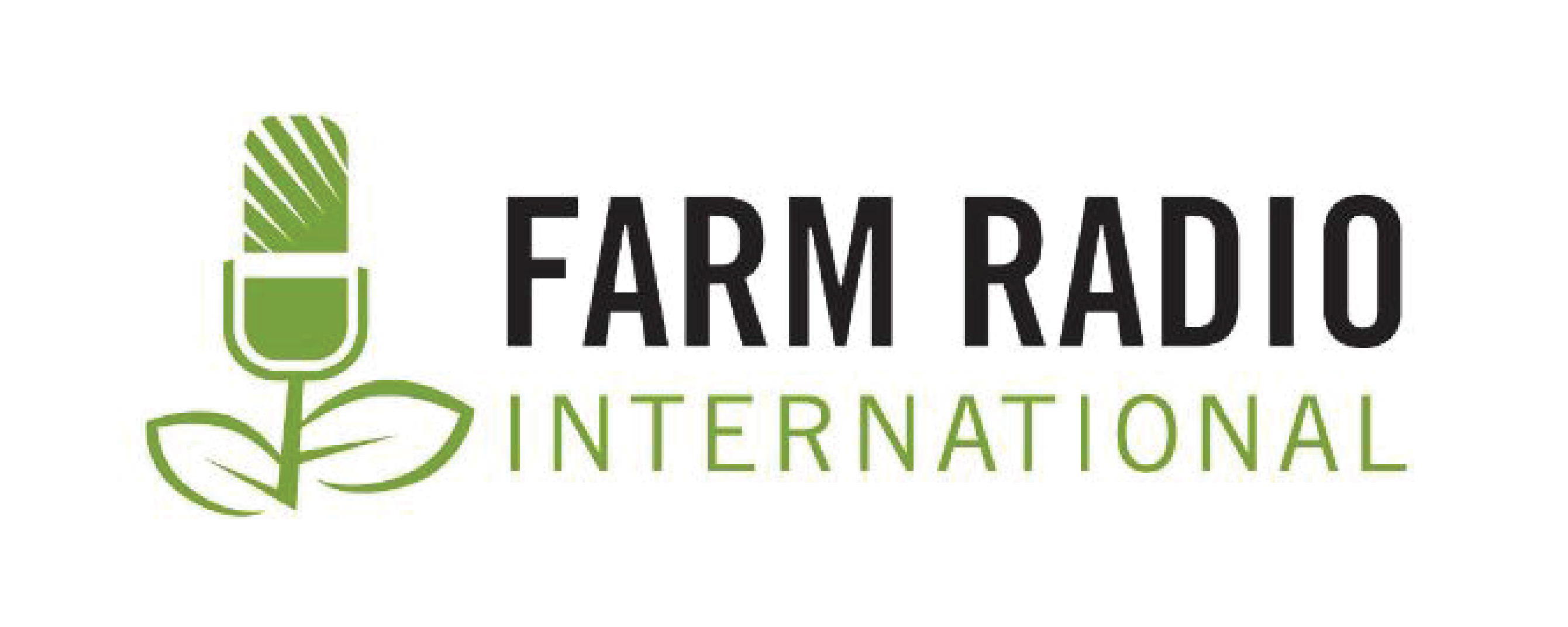
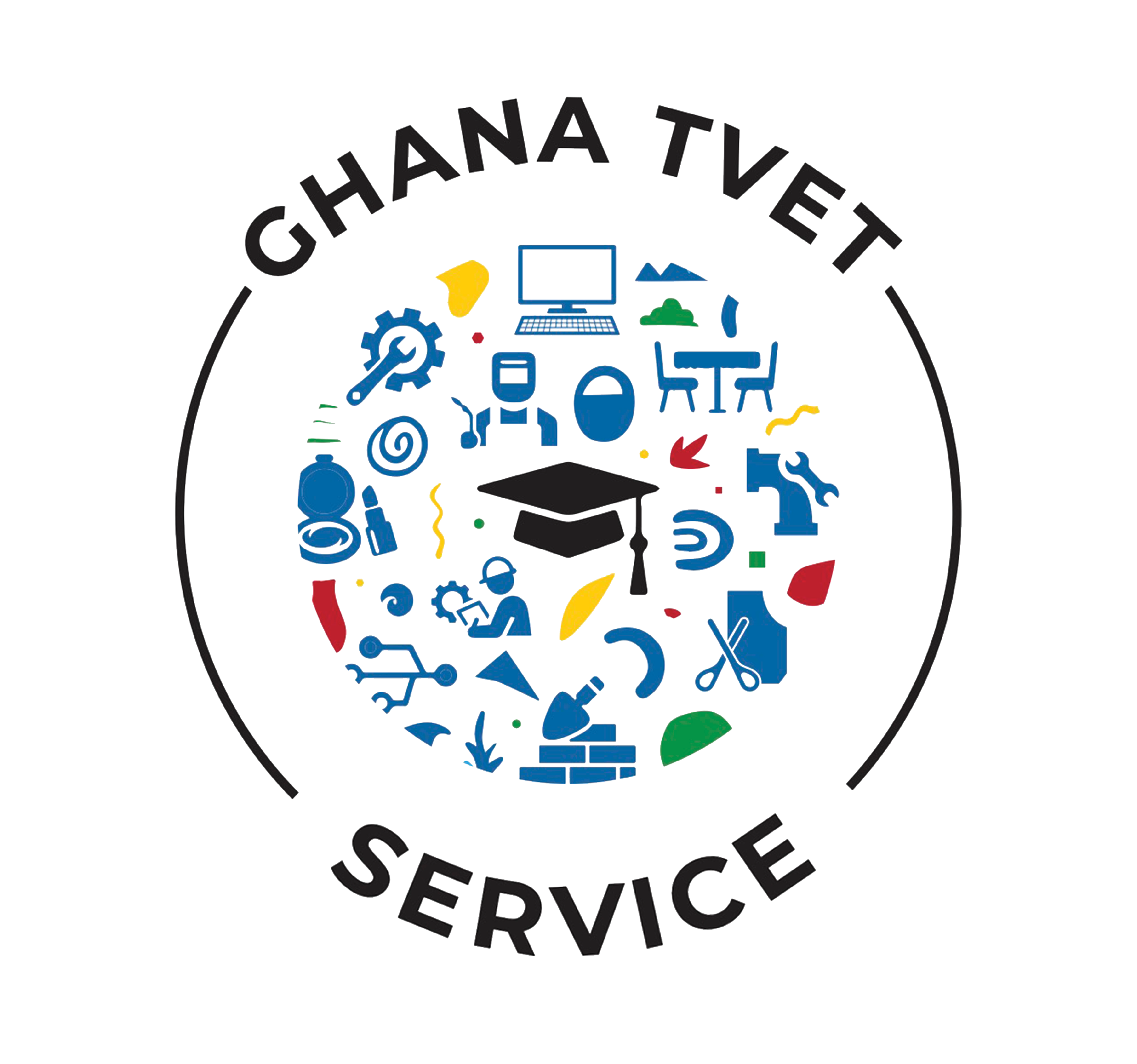
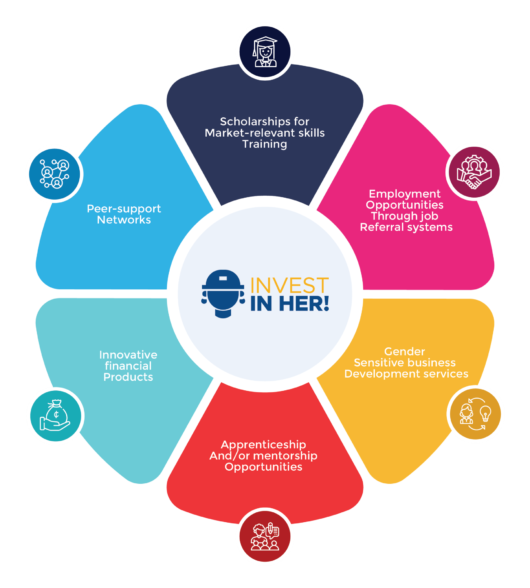
Welcome to INVEST Project, an outreach campaign organized by WUSCGhana.






Innovation in Non-traditional Vocational Education and Skills Training (INVEST). Building sustainable pathways to enhanced economic empowerment, well-being and inclusive growth for women in Ghana
The commission for technical and vocational training (CTVET) and INVEST are set to introduce selected TVET courses for women living within the 3 project regions.


The INVEST initiative will address the root causes of gender inequalities faced by young women, and engage with industry actors to create an enabling environment for young women’s access to decent work, ultimately leading to a strengthened workforce and labor market. Using an inclusive market systems approach, the project will INVEST in women, institutions, and the labor market of high-growth sectors to achieve sustainable, scalable, and transformative change.
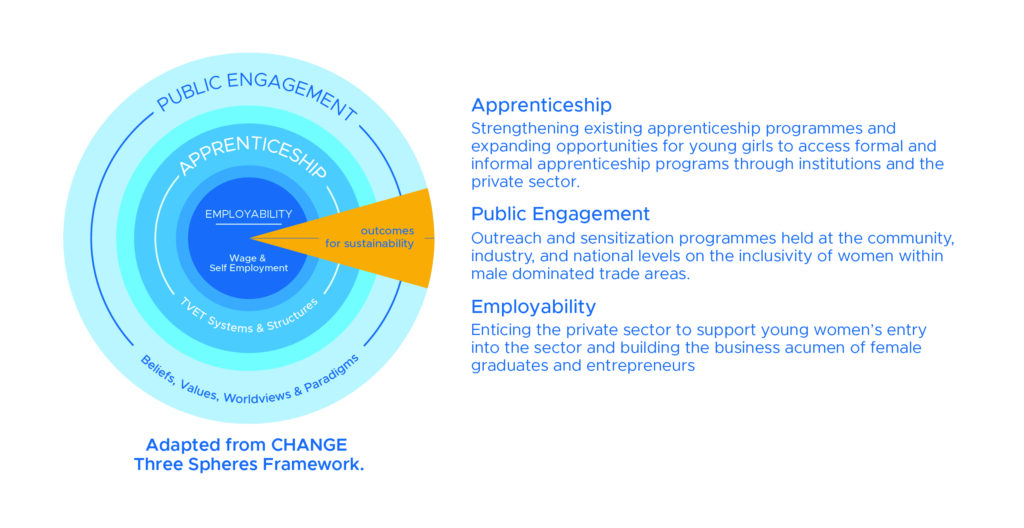
Urban Marginalized Young Women (18-35 years)
TVET training providers & Regulators, Master Craftspersons
Parents/Guardians, Religious and Traditional Authorities, Women’s rights and Youth organizations
Employers, Industry Associations
